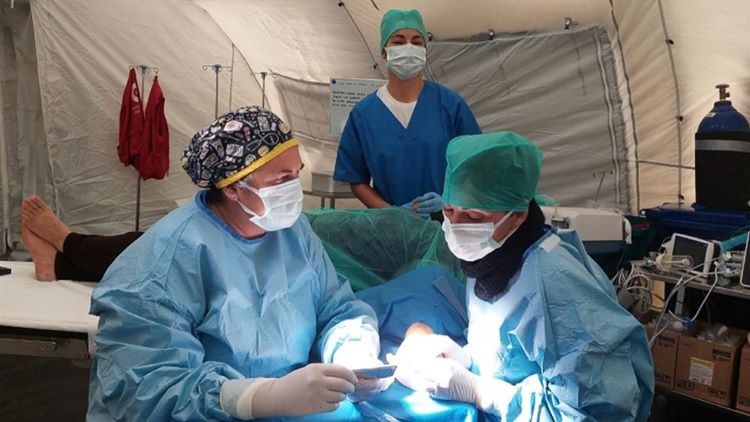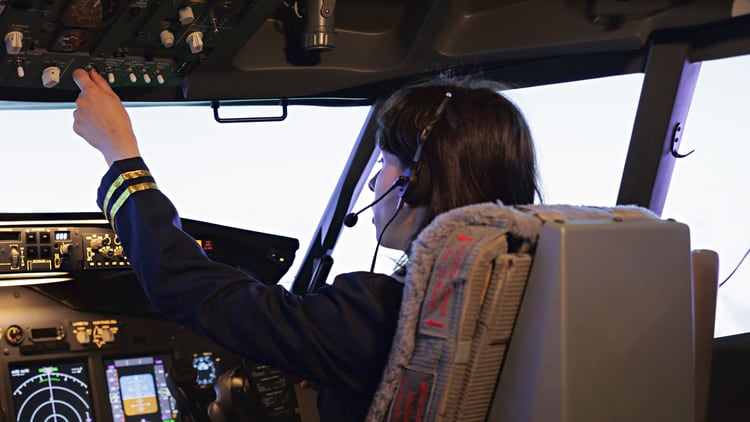The Diplomat
The START (Spanish Technical Aid Response Team) field hospital installed by Spain in Turkey to care for earthquake victims received yesterday the third and last rotation, consisting of 58 people. The hospital, located on the outskirts of Iskenderun, has already treated more than 5,800 people.
The new rotation of the Spanish Emergency Medical Team, the START – the so-called “red vests” due to their clothing – is made up of a total of 58 people, including 36 health professionals from the public health system (from 13 Autonomous Communities), a psychosocial support unit, a pharmacist, kitchen staff, four firefighters from the Madrid City Council, four logisticians from SUMMA 112 and one member of ERICAM (the special emergency and immediate response unit of the Community of Madrid).
In addition, START is supported on the ground by local volunteers, including translators -between 10 and 15 people-, logisticians and kitchen, waste management, cleaning and laundry personnel. The mission is headed by Cristina Gutiérrez, head of the Humanitarian Action Office of the Spanish Agency for International Development Cooperation (AECID), which leads the START project.
The START field hospital has been open 24 hours a day since its opening on February 13 and has attended more than 5,800 people in its facilities, where nine babies have been born. With an average of about 250 patients attended per day, the START hospital has been filling the lack of healthcare services in the region. In the city of Iskenderun alone, public and private hospitals and health centers collapsed or closed during the earthquakes, leaving the population with little or no access to health services.
The team that left Wednesday night from Madrid will replace the staff that has been staffing the field hospital since February 23, when it relieved the initial team that was in charge of setting up and running the hospital since its arrival in Turkey on February 10.
The hospital will close its doors in two weeks’ time after serving the population affected by the earthquakes in Turkey and Syria. In these two weeks, the field hospital will offer a service adapted to the current needs, given the progress made by the Turkish authorities to reestablish health services for the population.
For this reason, the third rotation is smaller than the previous one (58 people, compared to the 70 of the last rotation) and the Spanish hospital will close its operating room and reduce its hospitalization capacity, which requires a smaller number of staff to attend to the trauma, gynecology, pediatrics, physiotherapy, radiology and emergency services that will continue to be provided in this third rotation. In exchange, the psychology and psychiatry service will be reinforced with the permanence of one of the psychiatrists from Doctors of the World and the incorporation of two other experts from this same NGO to provide psychosocial support.
Southern Turkey and northwestern Syria were hit in the early hours of February 6 by an earthquake measuring 7.7 on the Richter scale. This is the strongest earthquake recorded in Turkey since 1939. On February 6 itself, at least 78 aftershocks were recorded followed by a second earthquake of magnitude 7.5 with epicenter in Ekinozu/Kahramanmaras province. The earthquake also severely affected northwestern Syria, a region where 4.1 million people are currently dependent on humanitarian assistance. Two other, smaller earthquakes struck the country again on Monday, February 20. As of March 7, more than 52,000 deaths had been recorded, 46,000 in Turkey and 6,000 in Syria.







